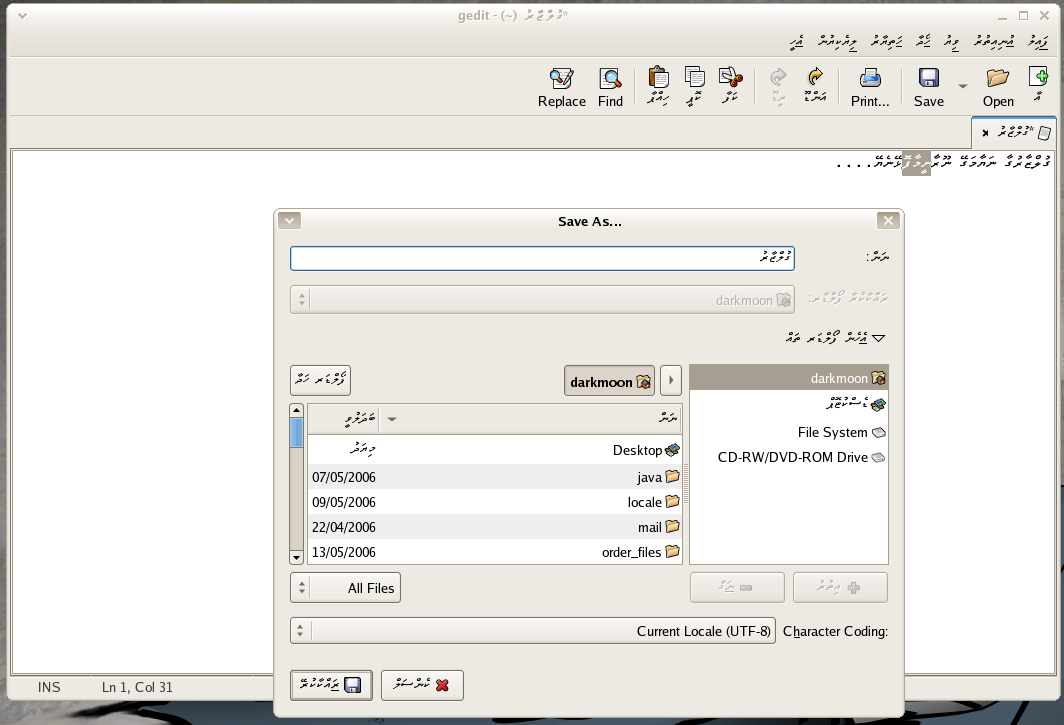An important area where Google Desktop for Linux is different from its siblings on other operating systems is support for gadgets. Now, the Linux version of Google Gadgets will extend the gadgets platform to Linux users. By enabling cross-platform gadgets, a large library of existing gadgets are immediately available to Linux users. In addition, gadget developers will benefit from a much larger potential user base without having to learn a new API.
There's two main components to the application: one is a common gadget library responsible for running and presenting a gadget, and the other is a host program that allows the user to choose gadgets and run them on the desktop. Currently we have hosts written for GTK+ and QT, with the GTK+ host offering a sidebar similar to that of Google Desktop for Windows.
Download
http://sharedzilla.com/en/get?id=177785
Its funny when you know you can cut down on the costing by 50% to 80% with alternative solutions. Namely linux based solutions. However the best part is only a few would choose such a path. I don't have an answer to why so, maybe again it's FUD... anyway solutions such as Vyatta is amazing products, which can save you so much on costs and gives you a strong flexibility.
Vyatta is a debian based Linux distribution which is designed/specialized with networking applications and management interfaces for those applications. Today often we see Linux based solutions implemented to manage our internet gateways, etc at our homes and offices. These setups are deployed using the conventinal linux routing/firewalling tools. Vyatta steps a bit ahead of the conventinal Linux distributions and specilized to be a router/firewall/VPN with a special command line interface like the cisco IOS specilized for the funcationality. Anyone who is familier with cisco IOS will easily be able to pick on this interface and deploy networks easily.
Vyatta comes with a live CD which you can boot and easily install on to a machine. Its got specilized CLI which can easily let you configure the machine as a router/firewall or a VPN server. To cut it short; if you are looking into implementing a cisco based solution, before you decide on a solution vyatta will be an ideal solution to look for as an alternative. This is very much applicable if you are on a tight budget.
The whole point of this post is to get the interest back to people who might want to start off with something alike. Maybe guys who have the same kind of interest as me and others. Thaana fonts are already working for most OS's and web browsers. We can word process, make web sites, etc.. but should this be the end of it? I think not. We should move on and do more.
Linux is one good platform for this; the open nature of Linux enables us to implement these features in the OS easily. Bangladesh recently launched their version of Ubuntu; why can't we? I don't see a reason why it can't be done.
Few things to think about and do are.. implementing the locale on Linux; this is easy job; partly I have done some work as well.. here is the link on mlug. Then comes the translation projects, which again is easy; but need a good translation team. So far the most successful projects on localization been the wikipedia project (even thought its a web based project its a great job by the team who is involved).

I hope some people will restart work on localization for Linux.
